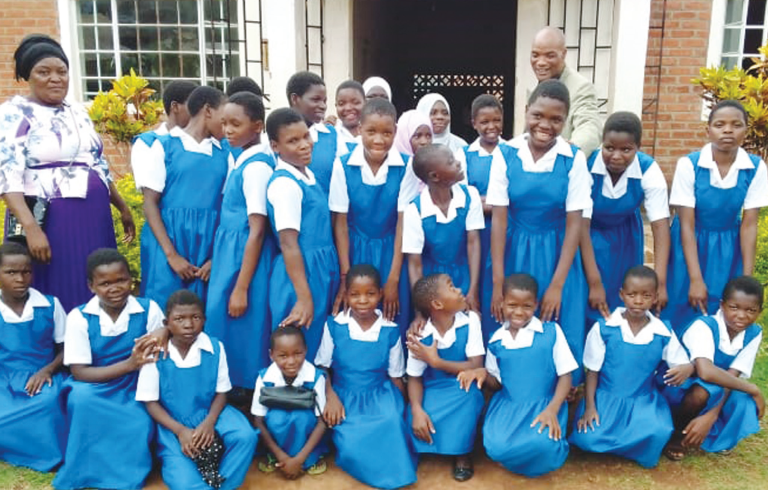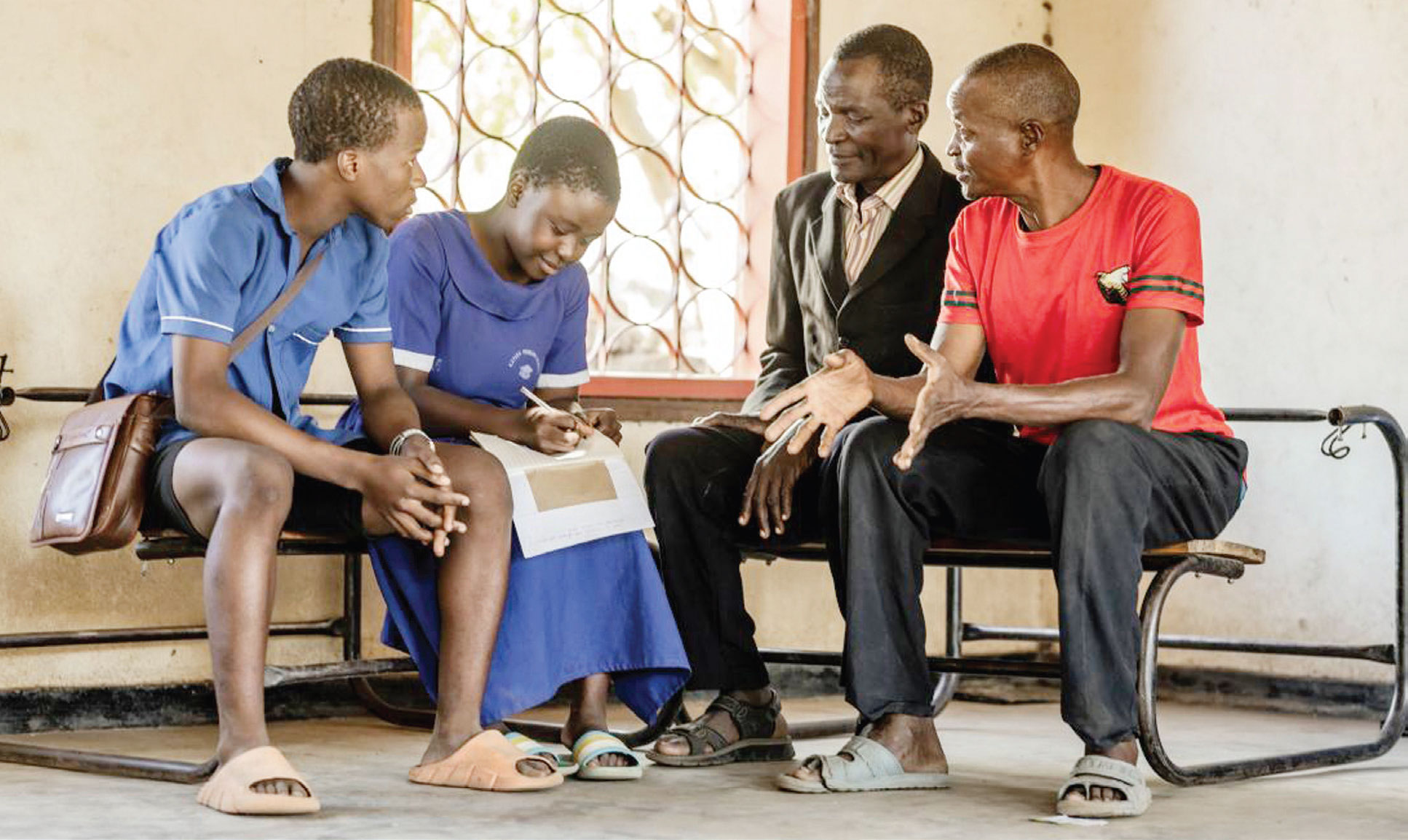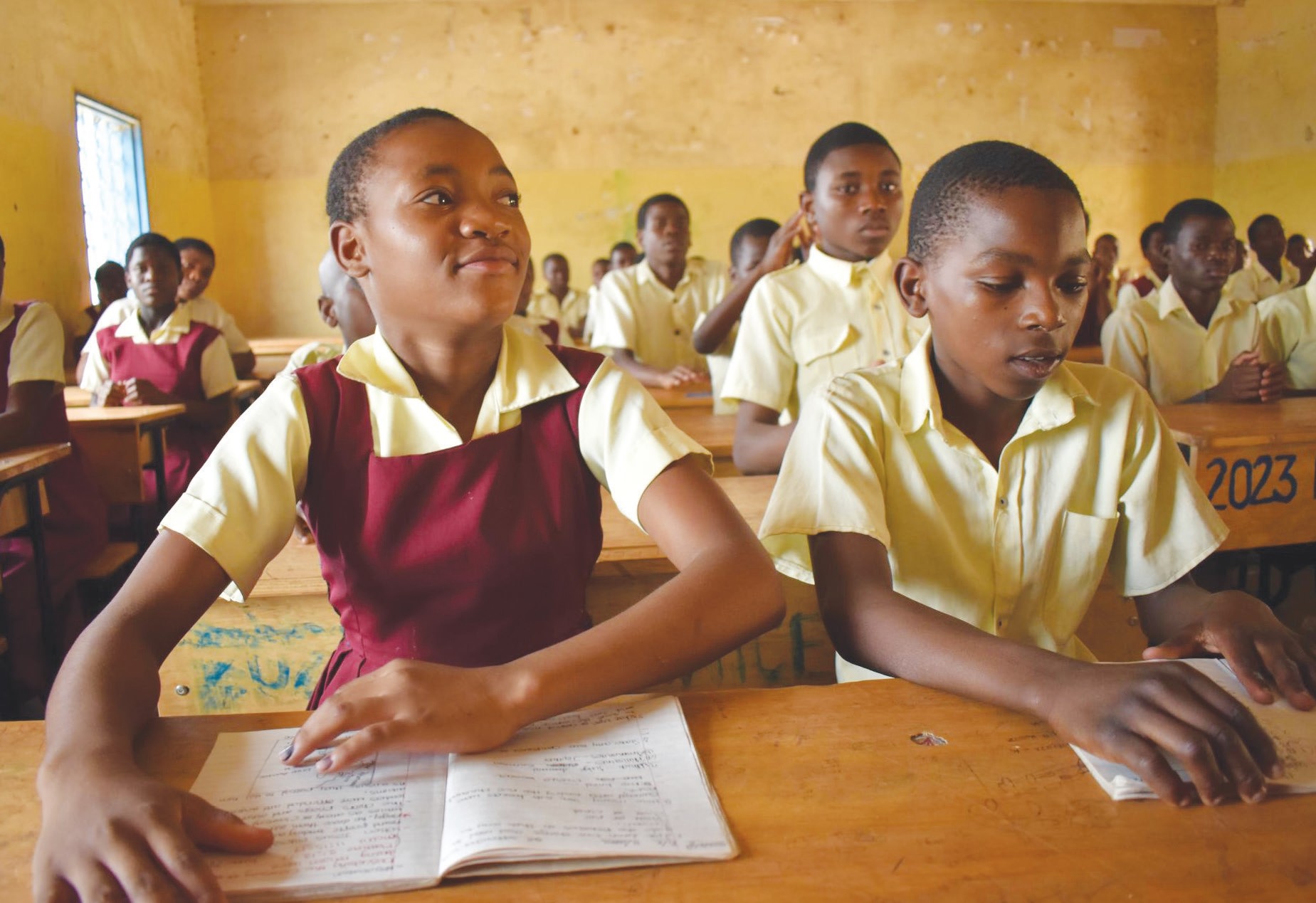Threats to saving girls from marriages
Illicit child marriages in Malawi keep frustrating the national push to ensure that every girl learns until her stellar dreams come true.
Official figures show the marriages involving girls aged below 18, the legal marriageable age, remain rampant.

According to the Malawi Demographic and Health Survey of 2016, nearly half of girls marry before their 18th birthday and nearly one in three falls pregnant before reaching 19.
Girls trapped in the widely tolerated harmful practice fuelling low education attainment among girls cite poverty, parental indifference and peer pressure for marrying young.
The National Statistical Office estimates that half of Malawi’s population of 19 million lives below the poverty line and a quarter is stuck in abject poverty.
But some organisations are working closely with government agencies to withdraw underage girls from marriages and return them to school.
They include Centre for Civil Society Strengthening and God Cares Rights Foundation.
The two non-governmental organisations have rolled out Gender Sensitive Solutions in Security and Humanitarian Response for Women and Girls project in Traditional Authority Mwankhunikira in Rumphi District.
To roll back the tide, volunteers deployed by the organisations moved village to village, tracing girls trapped in early marriages so that they could return to school. But their inroads have not been easy.
Rister Chilwa, from Tchuka Village Development Committee (VDC) in the district, says liberating girls from the illegal marriages is an uphill task.
The volunteer says the change agents endured violent attacks and demeaning insults in many homesteads they visited to persuade girls to quit marriage and return to school.
Chilwa recalls the threats he suffered when searching for a ‘missing’ girl in the rural locality.
She narrates: “The girl had not been seen for about five days and her parents and teachers were worried. When we learned that she was married to a certain man, we went there.
“At first, the man denied having the girl was and we left. But people in the village insisted that she was there. During our second visit, the man charged at us and threatened to beat us if we took the girl away.”
Such threats prompted the volunteers to start moving with community service colleagues for security’s sake.
Jane Chiwaka, chairperson of volunteers from Uzumala VDC, says the threats could be terrifying, but they march on because every girl deserves a chance to stay in school until she is old enough to decide when to marry.
“Some even threaten us with witchcraft. They warn: ‘Pala mwamutola, muzamuona vyaminthondwe. Kweniso pala mufikenge namachero nkhukaika [If you get the girl, you will see deadly calamities.’ It’s scary,” she says.
Others threaten them with panga knives in hand, but we stand their ground and carry out our work because it is right and just.”
Community Action Group member Meria Msowoya says the resistance at times comes from the girls’ parents.
“One day, we were warned that if we withdrew her daughter from marriage, she would go with us to our families.
“The parents argued that she was their daughter, not an NGO’s object. We had no choice, but to bark off.”
Msowoya says there is a lot of work to combat the wave of resistance because mindset change does not happen overnight.
She states: “We are working to change some cultural practices and behaviours, but it is not easy considering that the tolerance of child marriages is deep-rooted.
“There is a need for more civic education so that people here understand the dangers of allowing underage girls to marry.”
God Cares Rights Foundation executive director Agnes Tokatoka Mughogho says the two organisations are determined to end harmful cultural practice fuelling child marriages.
She says: “We targeted local leaders because they are custodians of culture. We tell them to stop living in the past because times have changed and children need to be protected.
“We cannot allow girls to be in marriages at the age they are supposed to be in school. So, quick action is needed.”
Mughogho notes that a number of girls marrying young are brilliant minds who need to stay in school to achieve their dreams.
However, she is concerned about the backlash faced by volunteers in their line of duty.
“It is sad their noble work makes them vulnerable as they go to rescue the girls from marriages without security. But they are doing tremendous job,” she says.
The campaigners are also tackling early pregnancies, land grabs and gender-based violence, including unequal sharing of money after selling commodities and crops.
She explains: “Land grabbing continues to frustrate me. In Mphompha area, Rumphi, a lady does not own land. After returning from marriage, she is told that there is no land for her.
“But if she is lucky, she is given a separate place just enough to build a house.”





